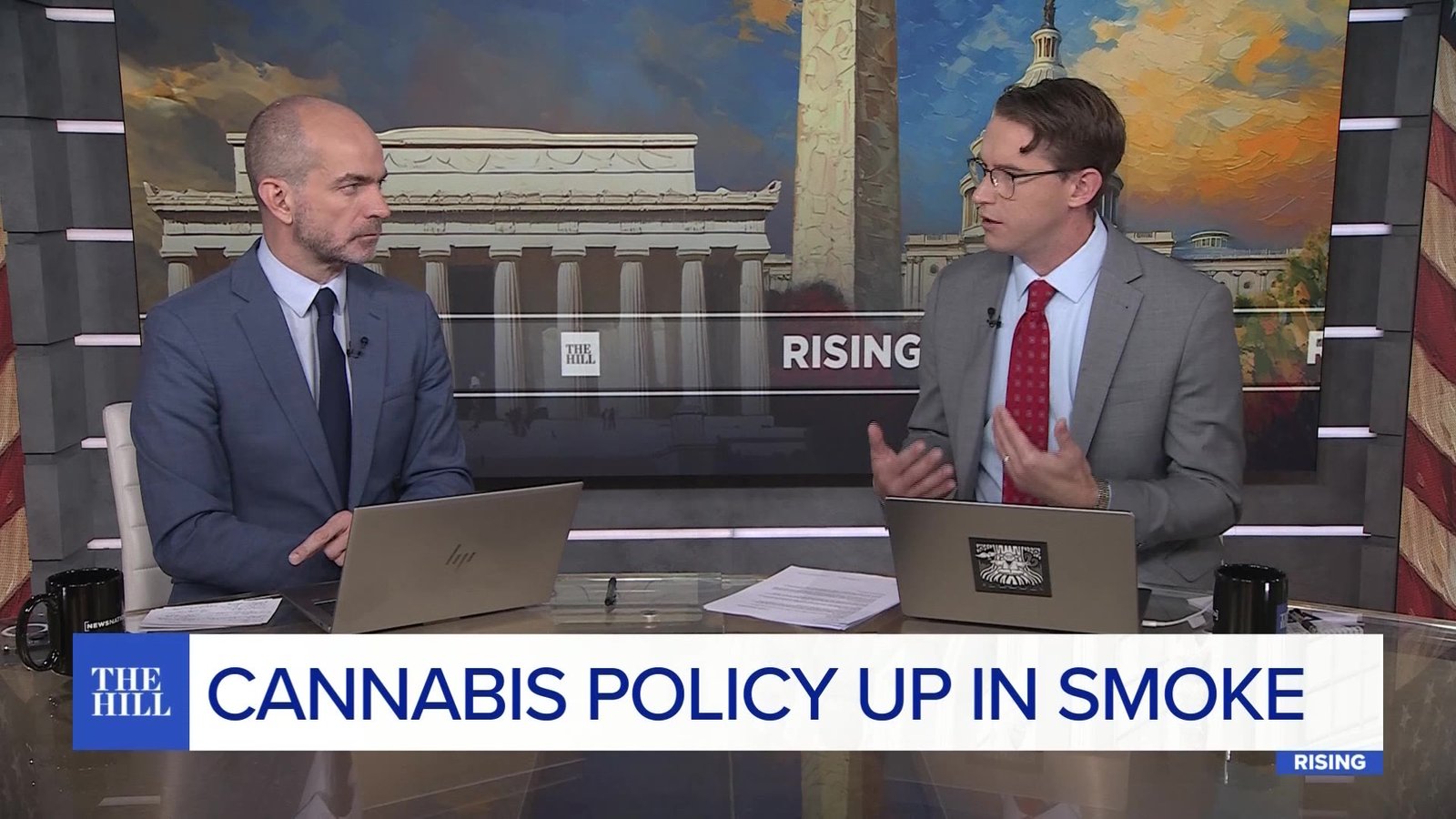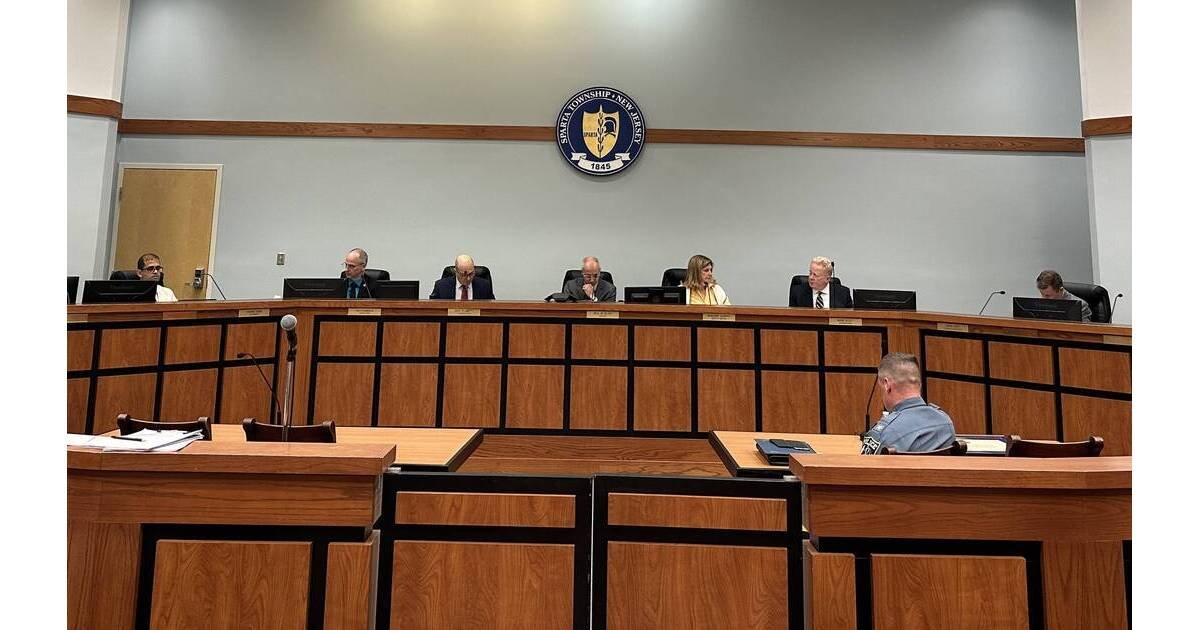Texas hemp farmers are increasingly concerned about proposed legislation that could cripple their industry. Senate Bill 3 aims to ban all consumable hemp products containing any trace of THC, raising fears among producers about the viability of their crops and businesses.
Andrew Hill, a seasoned hemp farmer who spoke at Texas’s first agricultural hemp expo in 2019, warned farmers that the industry was not as profitable as advertised. Despite claims of potential earnings of $2,500 to $3,000 per acre, Hill noted that he hadn’t seen profits above $1,000 per acre since 2015.
In 2019, Texas legalized hemp products with less than 0.3% THC, leading to a surge in hemp farming. Hill’s Texas Star Hemp Farms invested millions in seeds, licenses, and production facilities. However, the introduction of SB 3 threatens to eliminate a significant part of the market. Products like hemp hearts and oils, which contain non-intoxicating levels of THC, would become illegal.
Hill is one of approximately 450 licensed hemp producers in Texas, all of whom are at risk of losing significant income if the legislation passes. The bill’s proponents argue it aims to protect consumers, particularly children, from THC products. However, farmers assert that removing THC from hemp is impractical, as the plant naturally contains some THC.
Sen. Charles Perry, the bill’s sponsor, expressed concerns about the exploitation of legal loopholes in the hemp market, emphasizing the need for stricter regulations. SB 3 proposes penalties for possession and sale of THC products, with violators facing significant jail time. The House is also considering House Bill 28, which would ban synthetic THC and focus on tightening existing regulations.
Farmers like Kyle Bingham, who has dedicated a small portion of his property to hemp cultivation, describe the current market conditions as challenging. He reported that prices for hemp biomass plummeted from $3.50 per pound to just 80 cents due to market oversaturation, leaving little profit margin.
The financial repercussions of SB 3 could be severe, with estimates suggesting a loss of $19.3 million in revenue for the state. Local communities could see a drop in tax revenue and job losses as businesses close down. Cynthia Cabrera, president of the Texas Hemp Business Council, urged lawmakers to consider the broader economic impact of these measures on farmers and small businesses.
Agriculture Commissioner Sid Miller highlighted the decline of interest in hemp farming, indicating that many farmers have already abandoned the crop due to poor market conditions. He stated, “We planted too much and had way too much product and no place to market it,” reflecting the harsh realities facing hemp producers.
Zach Gauger, director of Caprock Family Farms, argued that the hemp industry has potential for growth, especially as a viable alternative crop. He expressed fears that SB 3 could stifle this potential, undermining billions of dollars worth of investments. Gauger emphasized the need for farmers to diversify, particularly as water resources dwindle in Texas.
Hemp is a versatile crop, useful for producing CBD, animal feed, clothing, and biodegradable materials. Successful farmers can earn substantial returns, but the investment in processing equipment and market access is crucial. Hill warned that if House Bill 28 passes, it would render his business model illegal overnight, forcing him to move operations out of Texas.
Many farmers believe that instead of banning THC, state lawmakers should create specific regulations for hemp products, similar to existing vape regulations that impose age restrictions and child-proof packaging requirements. Bingham pointed out that the lack of regulation contributed to the problems currently facing the industry.
As the planting season approaches, uncertainty looms over Texas hemp farmers. Many are reluctant to plant crops that could soon be illegal, fearing felony charges for producing a crop that was legal just months prior. Bingham stated, “I’ll walk away before risking a felony.”
The proposed legislation has sparked a debate about how to balance consumer safety with the economic viability of the hemp industry in Texas. Farmers urge lawmakers to rethink the approach, arguing that banning THC will not solve the problems but rather eliminate a burgeoning agricultural sector.



